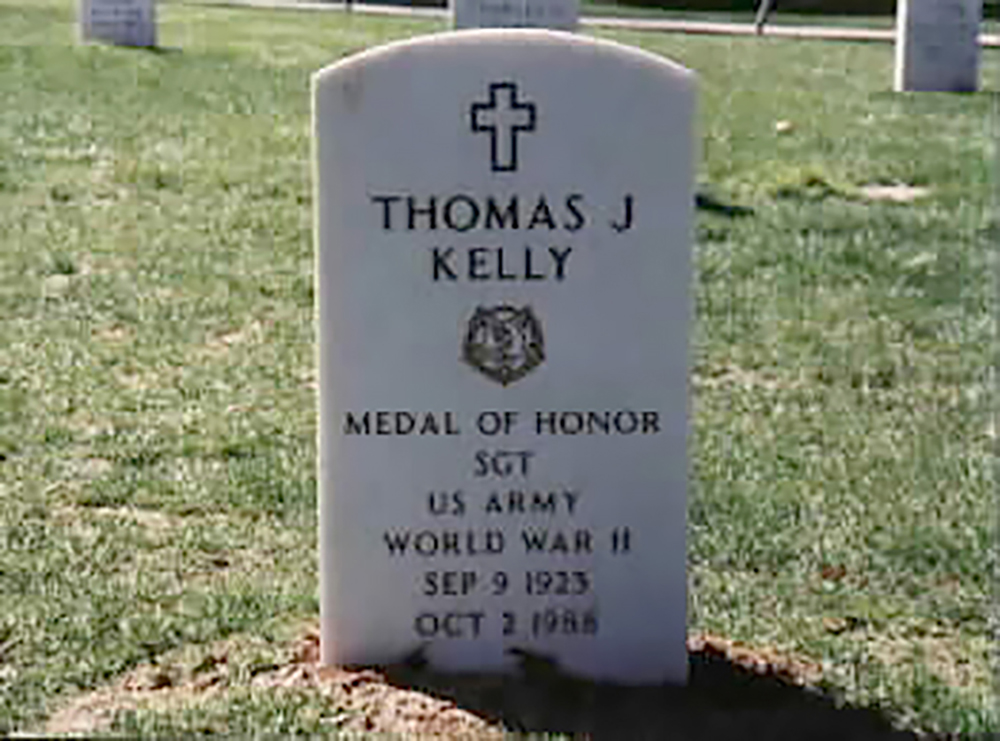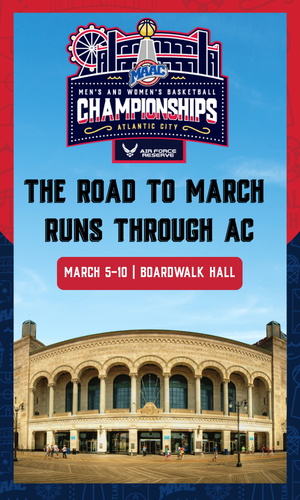By William Kelly
After seeing the movie, “Hacksaw Ridge,” about the U.S. Army medic who was awarded the Congressional Medal of Honor for saving the lives of some 75 soldiers during the Battle of Okinawa in the Pacific during World War II, I couldn’t help but think of Tom Kelly.
Kelly, originally from Brooklyn, served as an Army medic in Europe during the war. After the Army, he obtained an education degree and eventually a law degree from Fordham University in New York before becoming a lawyer and moving to Margate.
I met him in the early 1980s at the Longport Inn. When I learned that he was a Medal of Honor recipient, I had a few drinks with him and asked him what he did to earn the highest award the military offers.
Kelly said he was an Army medic advancing with his unit into Germany late in the war in April 1945. As they were crossing an open field in a small town, they were mowed down by machine gun fire. Some were killed, many were wounded, but Kelly and a handful of men made it to safety some 300 yards away.

Kelly then crawled back to lead some of the wounded to safety, carrying one on his shoulders. He returned to the battlefield 10 more times to retrieve the wounded while being peppered with machine gun fire. Two other men assisted him, but both were mortally wounded.
He told me that, with a wounded soldier over his shoulders, he had to zigzag back the length of a football field to avoid the gunfire that kicked up dirt around his feet. Kelly said the thought of one of his grade school nuns hitting him with a ruler and saying, “Go Tom, Go!” inspired him to press on.
Then he crawled back to the machine gun nest that was raining fire on them. He broke in, pulled a teenage boy off the gun and had to protect him from the other men in his unit who wanted to kill him for all the damage he inflicted.
President Truman awarded Kelly the Congressional Medal of Honor on Nov. 1, 1945, with the citation that reads:
The President of the United States of America, in the name of Congress, takes pleasure in presenting the Medal of Honor to Corporal Thomas Joseph Kelly, United States Army, for conspicuous gallantry and intrepidity in action above and beyond the call of duty on April 5, 1945, while serving with Medical Detachment, 48th Armored Infantry Battalion, 7th Armored Division, in action at Alemert, Germany. Corporal Kelly was an aid man with the 1st Platoon of Company C during an attack on the town of Alemert, Germany. The platoon, committed in a flanking maneuver, had advanced down a small, open valley overlooked by wooded slopes hiding enemy machineguns and tanks, when the attack was stopped by murderous fire that inflicted heavy casualties in the American ranks. Ordered to withdraw, Corporal Kelly reached safety with uninjured remnants of the unit, but, on realizing the extent of casualties suffered by the platoon, voluntarily retraced his steps and began evacuating his comrades under direct machinegun fire. He was forced to crawl, dragging the injured behind him for most of the 300 yards separating the exposed area from a place of comparative safety. Two other volunteers who attempted to negotiate the hazardous route with him were mortally wounded, but he kept on with his Herculean task after dressing their wounds and carrying them to friendly hands. In all, he made ten separate trips through the brutal fire, each time bringing out a man from the death trap. Seven more casualties who were able to crawl by themselves he guided and encouraged in escaping from the hail of fire. After he had completed his heroic, self-imposed task and was near collapse from fatigue, he refused to leave his platoon until the attack had been resumed and the objective taken. Corporal Kelly’s gallantry and intrepidity in the face of seemingly certain death saved the lives of many of his fellow soldiers and was an example of bravery under fire.
Shortly thereafter, while attending a wounded German soldier, a tank came around the corner and pointed its guns at him. The tank commander opened the hatch, emerged and saluted him.
Then, entering a town believed to be held by the Germans, Kelly found that the enemy had left behind 35 wounded soldiers whom he began to assist. When the Americans came and found him they asked him how he took the town without a weapon and he responded: “I shot them with morphine.”
Kelly’s ordeal happened near the close of the war, when many of the German combatants were young boys and old men. The Germans, for the most part, had no medics and often surrendered to him as he carried no weapon.
It reminds me of when I was in Berlin in 1990. I was backstage at Roger Waters’ “The Wall” concert, when the real Berlin Wall was still standing. I went outside for some fresh air and watched a tall, thin gentlemen with a handlebar mustache call up limos for the rock stars. When things got slow, he came up to me and said, “You are an American, yes? Well I have a quick story to tell you.”
The man said that he was a teenage boy during the war manning an anti-aircraft gun with a group of old men only a few hundred yards from where we were.
The old men couldn’t see or shoot well enough so they put him behind the gun, and when a plane came over low he shot it down. The old men applauded him, picked him up on their shoulders and carried him to the crashed plane – an American P-38. Pulling back the cockpit canopy, he saw the dead pilot he had just killed and thought, “Another mother’s son. So much for heroes.” He then got sick.
Tom Kelly never fired a gun, but saved the lives of 17 men that day, including the boy who wounded them with a machine gun.
After the war Kelly was a guest of honor at a parade and ceremony before 50,000 people in his native Brooklyn. When handed the microphone, he had a difficult time finding his words.
A local newspaper reported: “And all he could say was, ‘I want to tell you about my friends.’ He welled up and he cried and he fainted. And they carried him off the stage. The entire audience welled up and started to cry. And then even the skies wept, as it began to rain.”
In 1988, after playing in a golf tournament, Kelly returned to his hotel room where he suffered a fatal heart attack. He was 65. Kelly was wearing his Medal of Honor at the time.
He was buried at Arlington National Cemetery in Washington, D.C. with full military honors.











